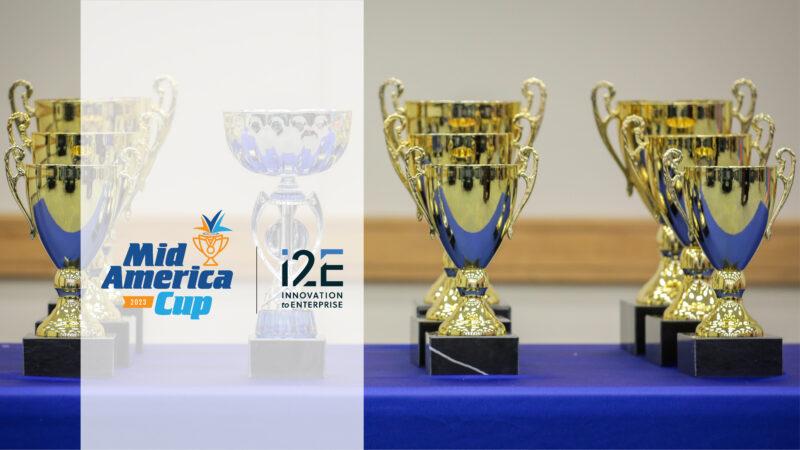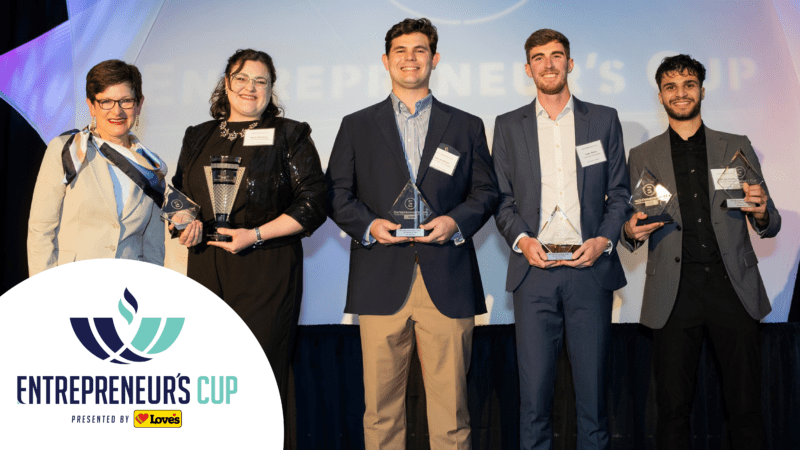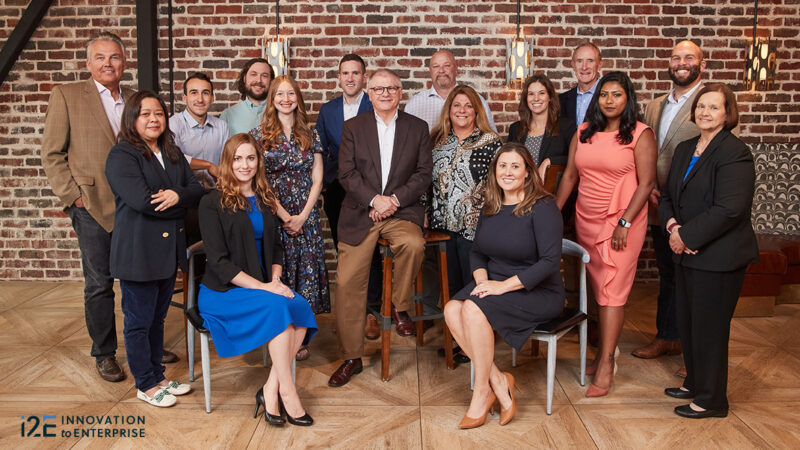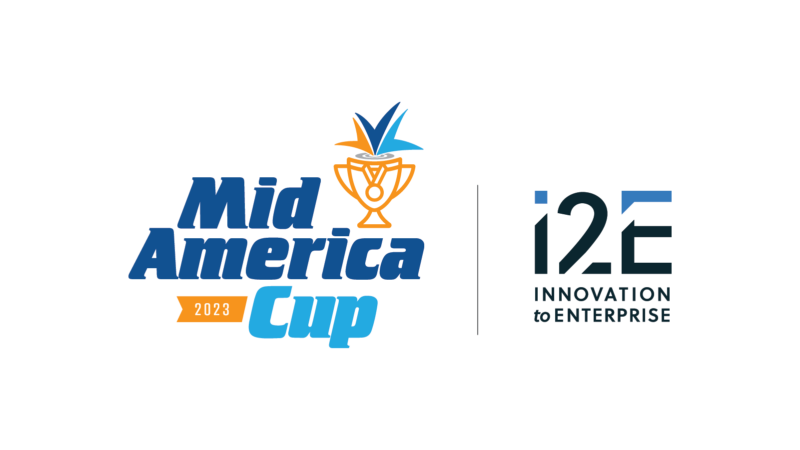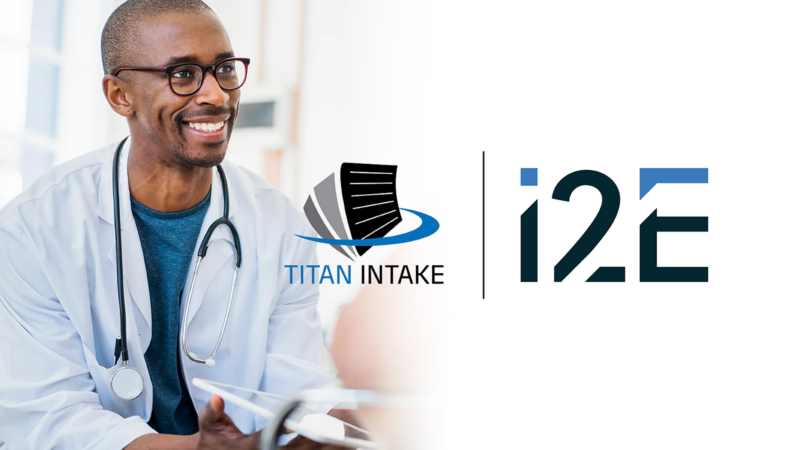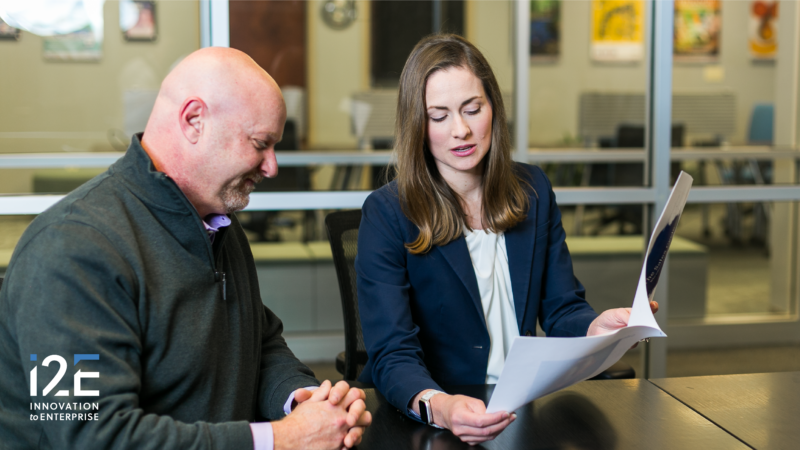By Scott Meacham
Copyright © 2015, The Oklahoma Publishing Company
Imagine this.
Your child, who previously was living a perfectly normal life, gets sick (perhaps with strep or some other common infection), and then abruptly begins exhibiting obsessive compulsive disorder, facial tics, anxiety, rage, anorexia, the inability to concentrate, or other neuropsychological behaviors.
You go from physician to physician searching for answers. The neurological symptoms wax and wane, but they don’t go away. You may try neuropsychiatric drugs, but there are all kinds of considerations with that. Your child is miserable. Your family struggles to cope.
That’s the battle that PANDAS/PANS parents and their children fight. That’s the battle Moleculera wants to help them win.
PANDAS/PANS is treatable neurologic condition caused by autoimmune dysfunction where a patient’s own antibodies begin to attack his or her brain. Moleculera provides personalized clinical testing services using the Cunningham Panel to help physicians diagnose children thought to be suffering from this condition.
Once PANDAS/PANS is properly diagnosed, physicians can treat the cause — the infection and the underlying immune system dysfunction, instead of the behavioral symptoms — to help restore an improved quality of life.
The Cunningham Panel is the result of more than a decade of research, funded in part by Oklahoma Center for the Advancement of Science and Technology, led by University of Oklahoma professor Dr. Madeleine Cunningham, Moleculera co-founder.
After clinical trials involving 1,000 sufferers ended with patients seeing a dramatic change, Cunningham was besieged by other parents who heard about the results and wanted their children tested, too. However, the study was closed.
“Dr. Cunningham approached me and asked how we could continue to help these families who have no other options for testing help,” said Craig Shimasaki, Moleculera CEO and co-founder.
Starting a biotechnology company is loaded with challenges, from stringent regulations, large funding requirements, unique business needs, specialized staffing, and strict legal requirements, just to name a few.
“After putting together a detailed plan and strategy to manage these risks and gaining investor support led by i2E, we launched the company” Shimasaki said.
That was about two and a half years ago.
Moleculera now has an accredited laboratory. The company has filled more than 2,000 test orders from physicians from all over the world. Nearly 300 physicians, prescribing in 42 states and 12 institutions, including Stanford Hospital, are ordering tests.
We have the ingredients to produce amazing, life-changing bioscience in Oklahoma — ground-breaking research coming out of our universities and clinical institutions, entrepreneurs and scientists like Shimasaki and Cunningham who are determined to make a difference and critical support for these new technologies while they are in their infancy from OCAST and i2E.
Commercializing science isn’t for the faint of heart, but Oklahomans across the state are doing it.
Scott Meacham is president and CEO of i2E Inc., a nonprofit corporation that mentors many of the state’s technology-based startup companies. i2E receives state appropriations from the Oklahoma Center for the Advancement of Science and Technology. Contact Meacham at [email protected].
Did You Know? With a mix of pharma, biotech, and medical device deals, the quantity of venture-backed life science IPOs far exceeded technical IPOs in 2014. SOURCE: CB Insights
